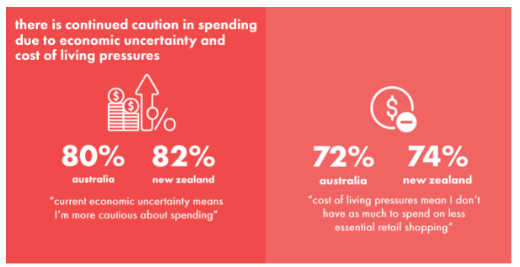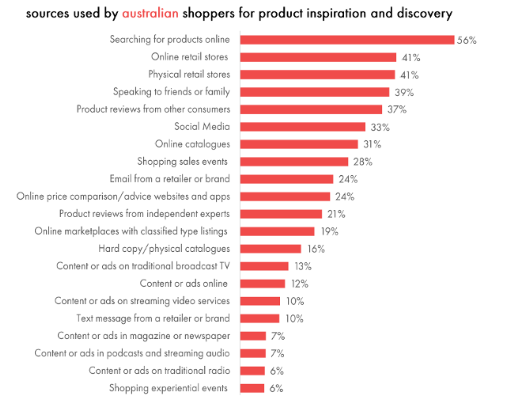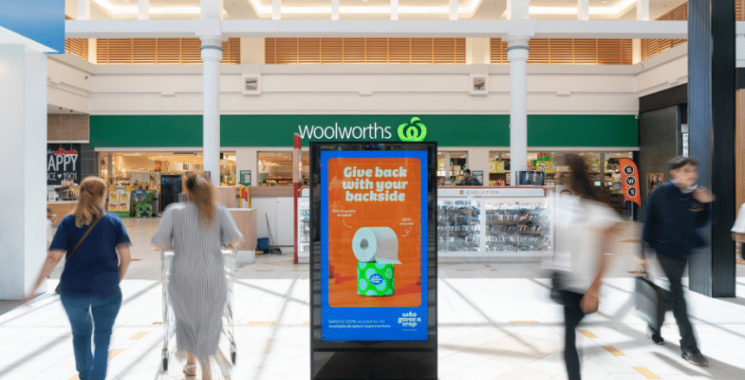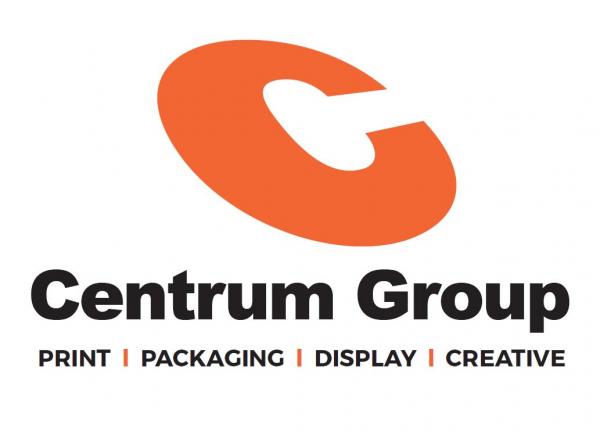
Retail marketers urged to review discovery strategies
Aussie consumers continue to shop online but are expanding the ways they discover and evaluate products, according to The Australian and New Zealand Commerce Report 2025.
The report, released by IAB and Pureprofile, shows consumers remain “highly value-conscious” despite easing cost-of-living pressures. In fact, 72% of shoppers have actively cut back on non-essential items, down from 75% in 2024.

Significant generational differences across online shopper behaviour and expectations, particularly around convenience, reward, sustainability and transparency, has driven a major shift in how consumers discover brands and source products. The report found that online shoppers used an average of 4.8 touchpoints, with online search, retailers own stores and content, shoppers’ personal connections, other consumers and social media being some of the most important sources.
Search remains the top discovery tool overall, particularly for 64% of over 50s. Social media and influencers are key to millennial and gen z online shoppers, with 59% of 18-39s saying social platforms are key to how they find products, and 75% having discovered brand information from an influencer or content creator that they follow.
Retailer owned assets and content were also identified as increasingly important.

Gai Le Roy, CEO of IAB Australia, said retailers and marketers must review their distribution and investment strategies to ensure they show up wherever their audience is seeking inspiration. “Brand discovery is now happening across a growing number of environments, from social scrolls to second-hand marketplaces,” she said.
Martin Filz, CEO of Pureprofile said people are getting smarter about how they shop. “They want value, but increasingly that means something different to different groups, whether it’s free shipping, finding unique pre-loved items, or discovering a brand via a TikTok creator,” he said.
“Marketers need to stay on top of these audience behaviours and motivations to think more holistically about what value looks like and where their audiences are making those judgments.”
The report shows that transparency in data usage and consumer understanding of the data exchange is critical. It found that while 75% of online shoppers are aware that their personal data is used for targeting advertising, 73% remain concerned about how retailers use their data.
Most consumers are willing to trade personal data for value, with 93% open to sharing information in exchange for rewards like discounts, free delivery, loyalty points or cashback, but they demand clear communication and trustworthy handling of their data. The report is based on research conducted with 1,000 Australian and 850 New Zealand consumers aged 18-70 who have shopped online at least once in the last twelve months.
Read more and download report here.











